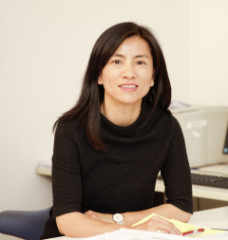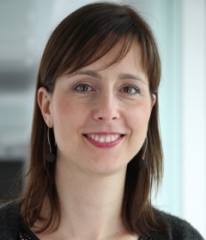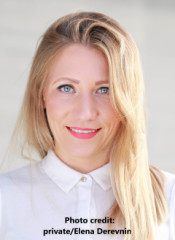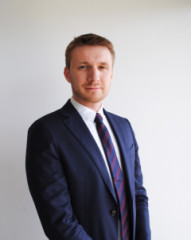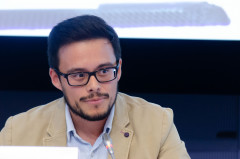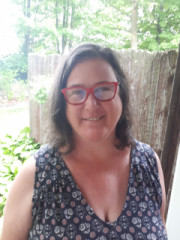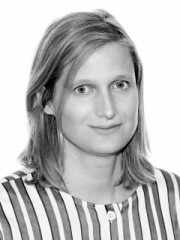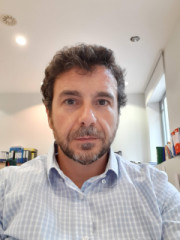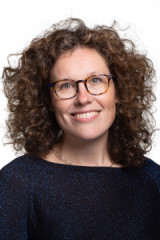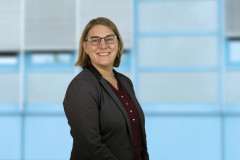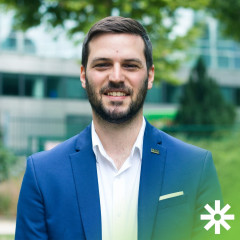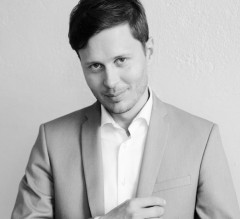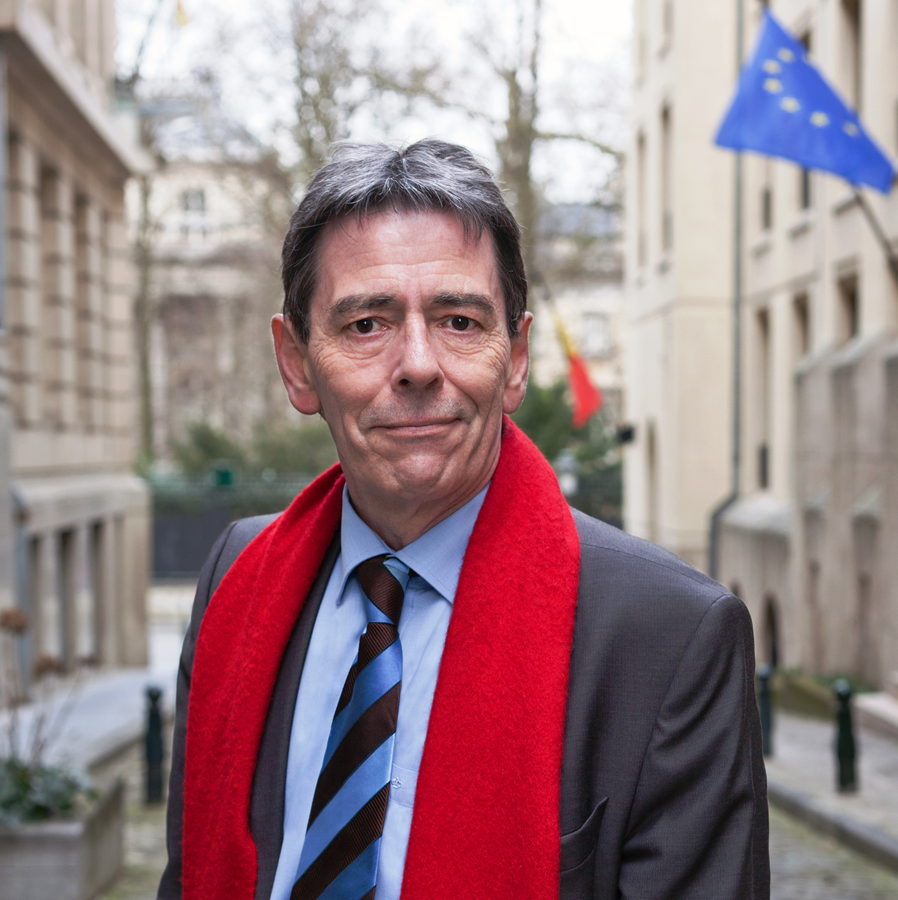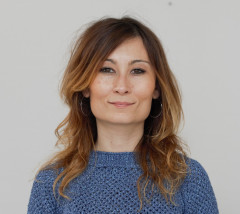Will virtual education become the new paradigm of internationalisation? Will it succeed and replace the traditional modes of international cooperation and internationalisation, such as the mobility of students and faculty, international curricula, etc?
What will be the implication of “virtual onslaught” on the work of internationalisation agencies?
On November 22 (Friday), ACA will address the theme From physical to virtual? Internationalising higher education in the digital age in the 61st ACA European Policy Seminar. In the one-day programme, we have packed in policy updates on the digitalisation of higher education in Europe, with a particular attention paid to the new Erasmus programme 2021-2027, and an overview of the latest developments of digital infrastructure and digital tools that are at the disposal of universities for advancing their internationalisation ambitions. A panel discussion drawing together representatives of old and new university consortia and developers of digital solutions will go through administrative challenges for the creation of a “European Campus” and explore the potential and limitations of digital solutions in overcoming obstacles lying in front of the newly selected European University Alliances or other forms of cross-border university consortia. Following that, the seminar will also discuss the use of micro-credentials for online learning, and the critical use of digital data for strategic marketing and recruitment of international students.
To complete the programme, ACA Director Bernd Waechter will compare notes of the new developments discussed in the seminar and those he summarized from the Fjaerland Conference in 2001, and tell us what he thinks will change or not in the next 20 years.
All are welcome. We believe that diversity and inclusion will only benefit the entire discussion in this one-day seminar.
Register now or before 31 October to enjoy the early bird discount and the free guided tour of the Secrets of Brussels (limited capacity).
